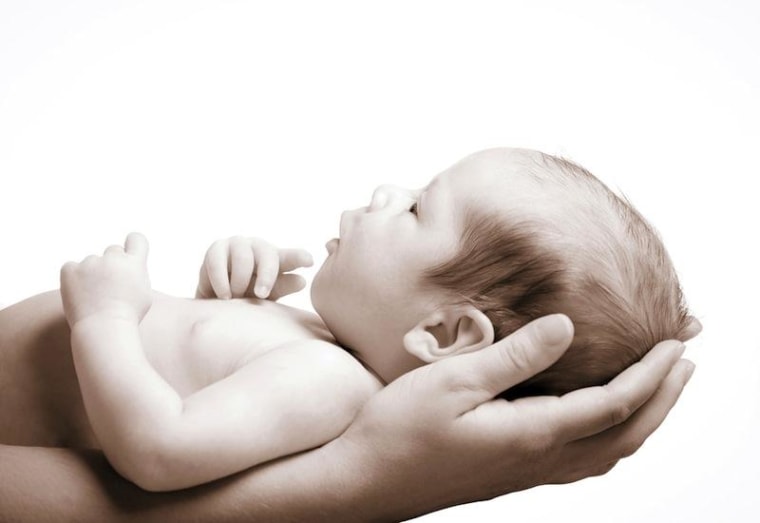Having a Democratic president in the United States is linked with a reduction in infant mortality rates, according to a controversial new study.
Researchers analyzed U.S. infant mortality rates from 1965 to 2010, a period that spans nine presidencies (four Democratic and five Republican).
They found that infant mortality declined significantly during that time, dropping 75 percent over the nearly 50-year period.
But when the researchers used statistical methods to focus on short-term changes during this time period, they found that infant mortality rates were about 3 percent higher during years in which a Republican was president, compared with the years in which a Democrat was president.
The findings held even after the researchers took into account factors that might affect infant mortality, such as unemployment rates, smoking rates, abortion rates and measures of national education and income level. And the researchers did not consider the first year of any president's term, they said, because a president's policies would not be expected to affect mortality in the first year of his presidency.
The researchers acknowledged that their findings could be accidental: infant mortality and the president's party may be completely unrelated, and instead, what seems to be a link between the president's political party and infant mortality could actually be due to other factors that shift back and forth over four to eight years.
However, the researchers said they were "struck by the consistency of the association we have uncovered," according to the study published online in the International Journal of Epidemiology on Dec. 30, 2013.
The researchers stressed that studying the potential effects of social policies is within the realm of science, and does not imply a political bias.
— Rachael Rettner, Live Science
This is a condensed version of a report from Live Science. Read the full story.
Follow Rachael Rettner on Twitter @RachaelRettner. Follow Live Science on Twitter @livescience, Facebook & Google+.
